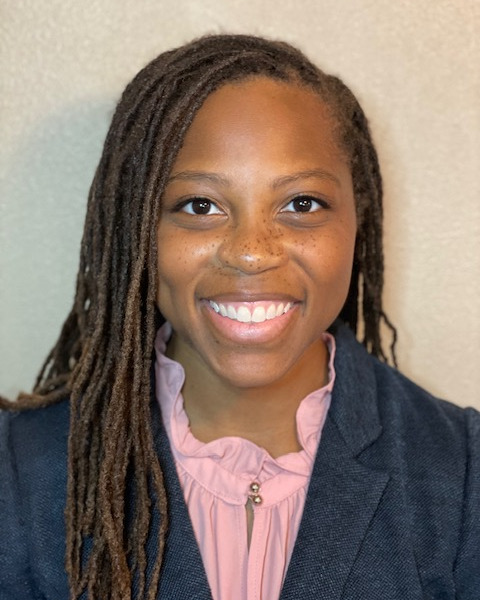PSM
P3: Abdominal wall reconstruction with biological mesh is a durable and safe technique in patients undergoing cytoreductive surgery

Chanise Cyrus, DSc (she/her/hers)
Medical Student
University of Colorado
Aurora, Colorado, United States
Steven Ahrendt, MD
Professor
University of Colroado
Aurora, Colorado, United States- BM
Benedetto Mungo, MD
Assistant Professor of Surgery
University of Colorado, Department of Surgery, United States 
Chanise Cyrus, DSc (she/her/hers)
Medical Student
University of Colorado
Aurora, Colorado, United States
Salvador Rodriguez Franco, MD (he/him/his)
Senior Research Associate
University of Colorado Anschutz Medical Campus
Aurora, Colorado, United States
Oral Poster Presenter(s)
Author(s)
Methods:
All patients undergoing an attempt at cytoreductive surgery were identified from a single-institution prospective database. Patients receiving a biological mesh implant for abdominal wall or diaphragm reconstruction were analyzed to determine mesh-related postoperative complications and long-term risk of cancer and hernia recurrence.
Results: Between 2017 and the present, 459 patients with peritoneal metastases were explored with an intent of completing CRS. CRS was completed in 392 patients, and other palliative procedures were used in 29 patients. Biological mesh (StratticeÒ) was implanted in 48 patients in the abdominal wall (n=46) and/or diaphragm (n=3). Abdominal wall tumor involvement was present in 38 patients. Eleven of these patients also had an incisional hernia, and 10 patients had an incisional hernia without abdominal wall tumor. Mesh was placed using an inlay technique (n=46) or as reinforcement of a component separation (n=2). Among the 44 patients completing CRS, 33 (75%) received HIPEC. CRS patients had median(IQR) PCI 12(4.5-20) and length of stay was 9 days (7-14). Perioperative complications are shown in Table 1. Mesh related infectious complications included wound cellulitis (n=2) and infected seromas (n=3), which were all managed successfully with antibiotics and/or drainage. Four patients developed exposed, infected mesh including two patients with an enterocutaneous fistula. Three of these were successfully managed, with wound debridement, VAC dressing, and control of the fistula. Only one patient had the mesh explanted. Both patients with wound dehiscence were successfully managed with biological mesh replacement. Among 42 patients with follow up imaging, two patients (5%) developed incisional hernias and 3 patients )7%) developed abdominal wall recurrence.
Conclusions: AWR with biological mesh does not appear to increase perioperative complications in patients undergoing CRS. Biological mesh reconstruction is durable with low risk of incisional hernia.
Learning Objectives:
- discuss methods for abdominal wall reconstruction in patients undergoing cytoreductive surgery
- discuss potential complications related to abdominal wall reconstruction with biological mesh
- describe the long-term risk of incisional hernia in patients undergoing abdominal wall reconstruction with biological mesh
